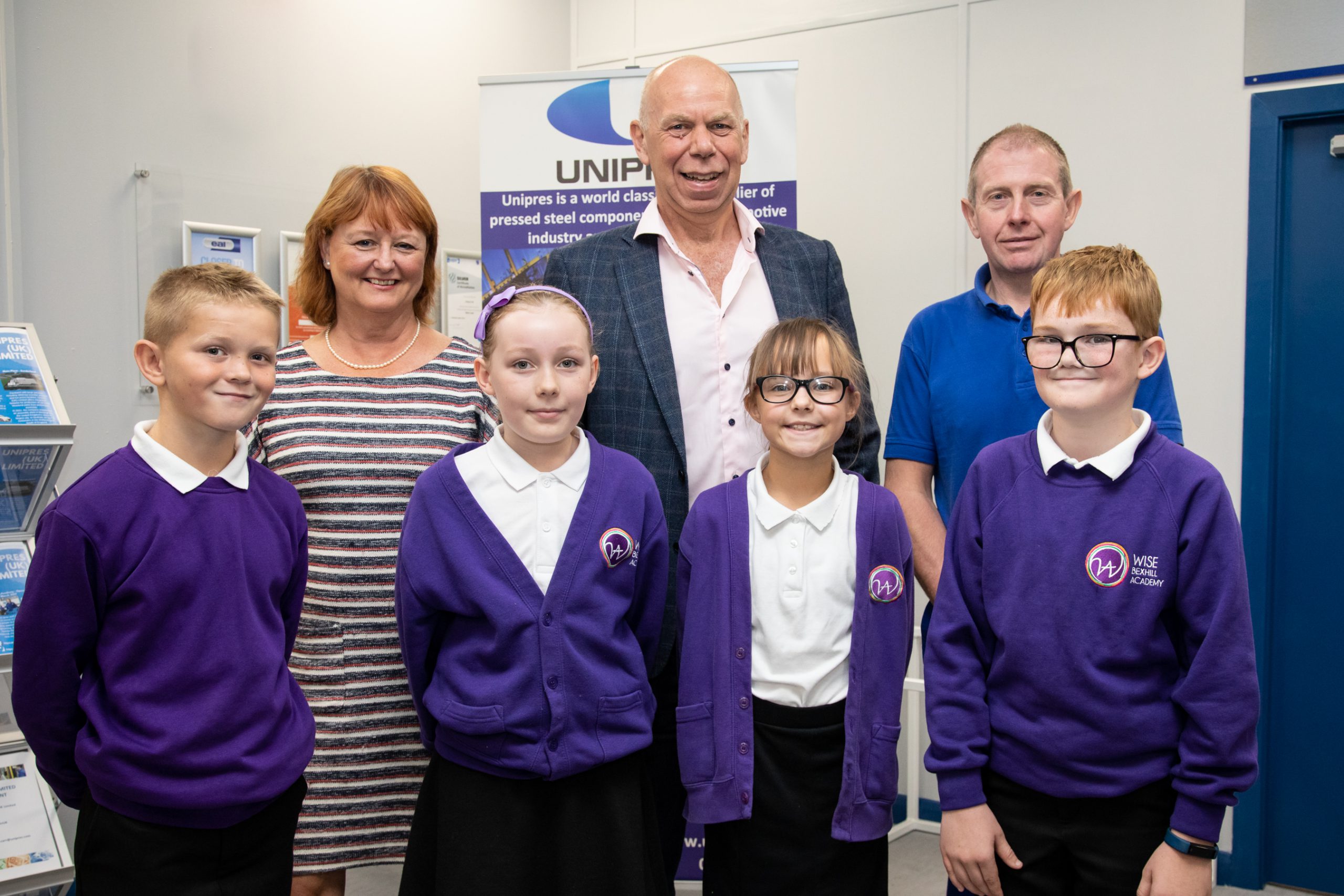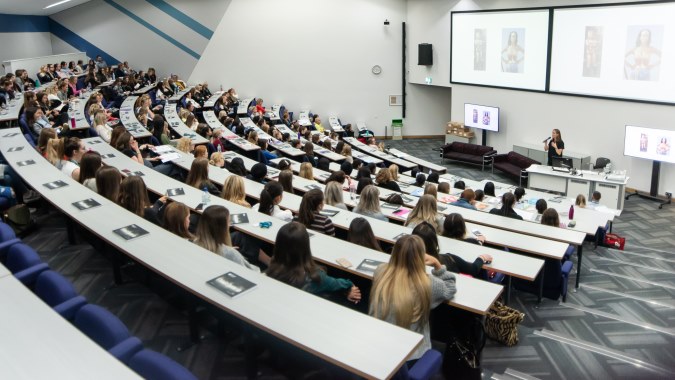
Your opportunity to shape careers education for students in the North East
By Denis Heaney, Enterprise Adviser Hub Lead at the North East Local Enterprise Partnership
It is quite common to hear employers expressing concerns that young people joining the workforce don’t have the skills businesses require, and recognise a disconnect between the skills they acquire through school, college and universities, and those needed by the world of work.
Thankfully, things are changing. There are more opportunities for industry to work in partnership with academia to influence curriculum development, provide workplace experiences, and educate young people about the careers opportunities available to them.
One of the most successful approaches has been the creation of the Enterprise Adviser Network; a group of passionate and dedicated business leaders that work with schools and colleges to bridge the gap between education and employment, and work with teachers and young people to deliver quality careers education.
Here in the North East, we currently have 191 business leaders in our Enterprise Adviser Network, but we’re looking to boost that number and partner more industry professionals with local schools and colleges.
One of the most common questions I get from businesses when speaking to them about joining the Enterprise Adviser Network is, ‘how much of my time will it take?’ Well the good news is, no matter how much, or how little, time you have available, we can make it meaningful. I think employers often underestimate the positive influence they can make by engaging with education. It doesn’t matter if it’s 1% of your time or 100%, the support we offer ensures your time is impactful.
Being an Enterprise Adviser is about bringing like-minded people together to make a difference in education. And how people choose to do that can be very different.
We’ve had Enterprise Advisers join the Board of Governors to influence at a strategic level, and we’ve also supported Enterprise Advisers to consult on careers programmes in schools. Some Enterprise Advisers have provided a mentoring role to teachers and students, whilst others have helped deliver curriculum-based projects. Whilst the pathways have all been very different, the end result is always the same; better careers education for students, which leads to better outcomes.
An increasingly popular area of support is improving teachers’ understanding of industry by providing time in the workplace. Teachers – along with parents/guardians – are the biggest influencers when it comes to careers guidance. By helping teachers better understand the local economy, they are more equipped to connect learning to the world of work.
Our job at the North East Local Enterprise Partnership is to ensure the engagement businesses have with schools and colleges is as much about meeting business needs, as it is improving career outcomes for students. Employers have the opportunity to influence what teaching looks like, and how the curriculum can deliver the talent and skills they need to fill the jobs of the future.
I very much see the Enterprise Adviser Network as the vehicle for industry to engage with education.
If you or your business would like to find out more about joining the Enterprise Adviser Network and inspiring the next generation about the amazing career opportunities the North East, we’d love to hear from you. You can complete an Expression of Interest via our website – www.northeastambition.co.uk – or email [email protected].





